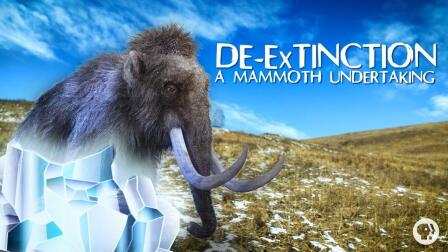Back to Show
It's Okay to Be Smart
How Poop Shapes the World
Season 5
Episode 30
Waste not, want not… right? Poop, in all of its various forms throughout nature, shapes the world in ways you might not imagine. One creature’s waste is another’s fuel, and all over nature these leftovers help new life spring up. Here’s how whales, birds, worms, bats, and more help the world breathe clean, thanks to their poop.
Support Provided By

8:32
Animals as simple as bees and as complex as you and me and have fun too!

13:10
We explore why embarrassment has lasted through evolution and its function.

13:49
We are in search of the blackest black things on Earth and why.

14:24
Knowing exactly what a “second” is is more complicated than you might think!

13:41
The secret is In order to know WHERE you are, you need to first know WHEN you are.

15:07
We learn how spider vision works.

12:44
Let's learn the story of one of the worst natural disasters that’s ever happened!

27:56
We learn about all the reasons that Earth’s climate changes, natural and otherwise.

12:31
Turns out, we can blame it all on neutron stars and some oddities of the periodic table.

10:00
Join Joe in this whirlwind tour of the endocrine system to find the answers.

8:29
Is Everest the tallest mountain on Earth? The answer is not as simple as you might think.

17:59
Turns out we’re all at risk of being overconfident about something.










